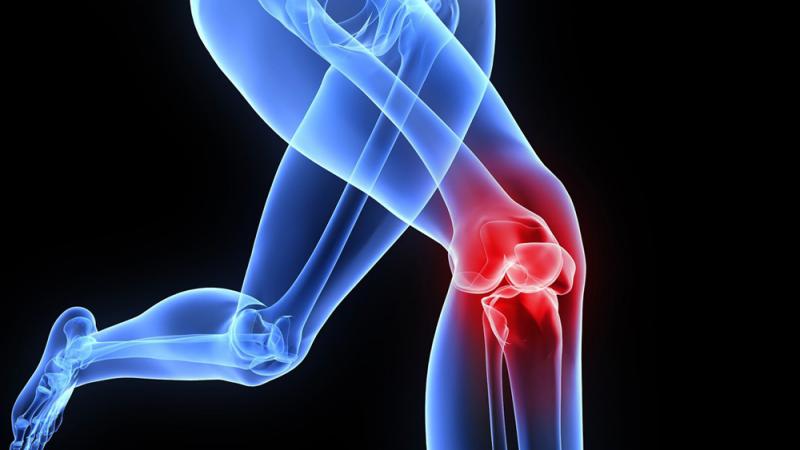Understanding the Impact and Seeking Help
Trauma is simply a state in which a person goes through an extremely disturbing or a deeply shocking experiences that can bring long-lasting impacts on a person’s emotional, psychological, and physical health. Traumatic experiences can vary widely from early experiences such as childhood abuse and neglect to more recent ones like car crashes, natural disasters, or military fights. To get thorough treatment after traumatic event you should see a professional. Bear in mind that it affects overall health significantly.
Recognizing the Signs of Trauma
The process of trauma recognition happens in the first stages so it is important to seek help and support if there are any signs of it. undefined
- The nightmares or flashbacks that might come and remind the survivor of the event.
- Difficulties with focusing or remembering things.
- Elevated or exaggerated caution, attention or wakefulness.
- Social withdrawal or isolation
- Disruption in routine or abnormal way of eating and sleeping.

Treatment Options for Trauma
For those who have suffered from trauma, Eshan Polyclinic provides various treatment options. Our well-trained staff uses a comprehensive method that covers physical, emotional and mental aspects of trauma for recovery and healing promotion. Below are some of the treatments offered in Eshan Polyclinic
- Counseling and Therapy
- Medication Management
- Mindfulness and Relaxation Techniques
- Art and Music TherapyYoga plus Physical Exercise

Frequently Asked Questions.
Trauma has been defined as the response of an individual’s emotion to an event that is distressing or disturbing and makes it difficult for him/her to deal with it.
Trauma stems from long exposure to numerous traumatic events, sometimes during childhood – complex trauma. You can divide trauma into acute trauma that results from just one event, chronic traumatic experience- repeated over time or complex traumatic experience that lasts after multiple events over the years more so in the formative years of a child.
Frequent symptoms consist of intrusive memories, flashbacks, nightmares, avoiding reminders of the traumatizing event, heightened arousal (such as hypervigilance or irritability), and negative alterations in mood or perception about oneself or the world.
Trauma can impact brain structures and functions, leading to alterations in memory, emotional regulation, and stress response systems. It can also manifest physically through symptoms like headaches, gastrointestinal issues, and muscle tension.
- It’s advisable to seek professional help if trauma symptoms significantly interfere with daily functioning, relationships, or overall well-being, or if you’re struggling to cope with distressing emotions or memories.